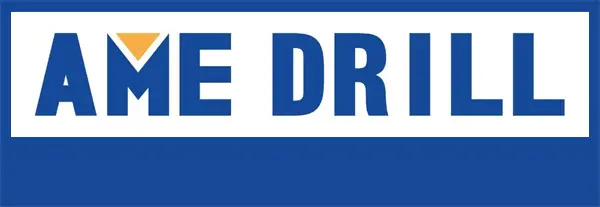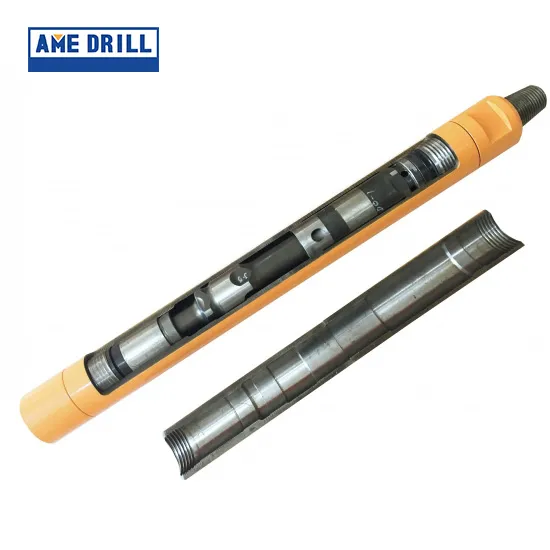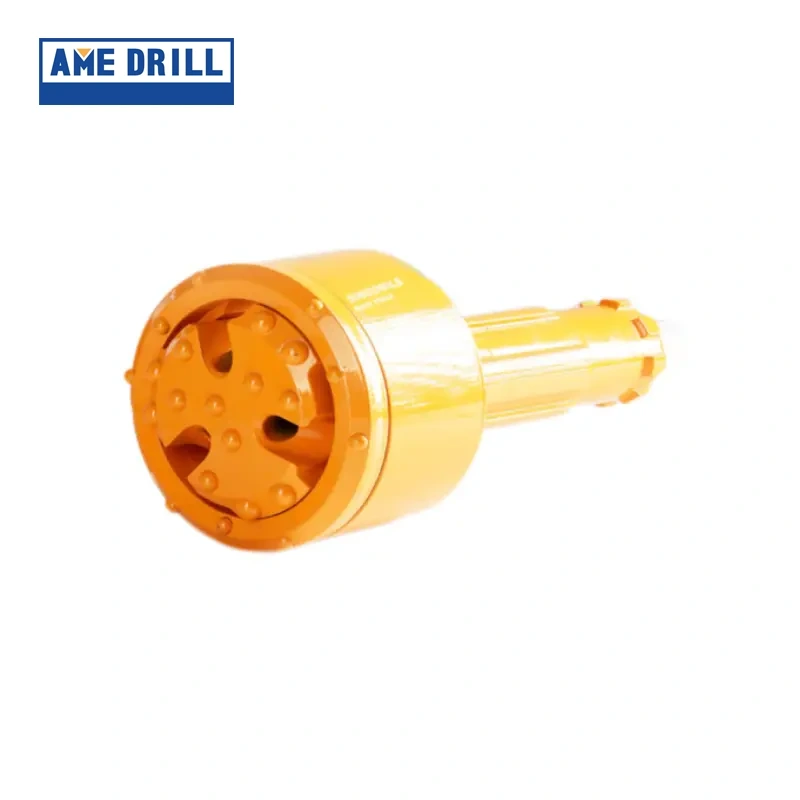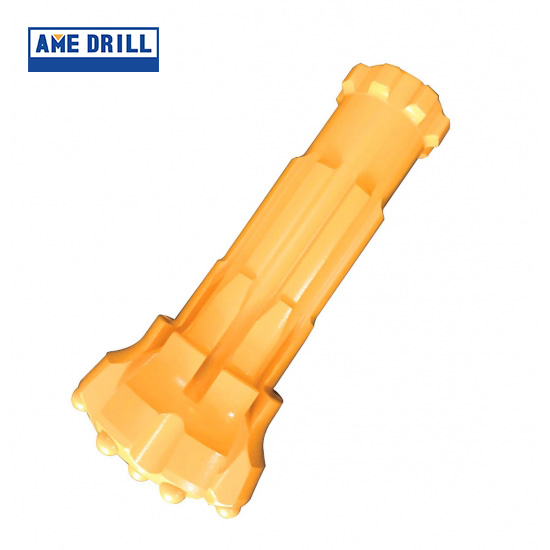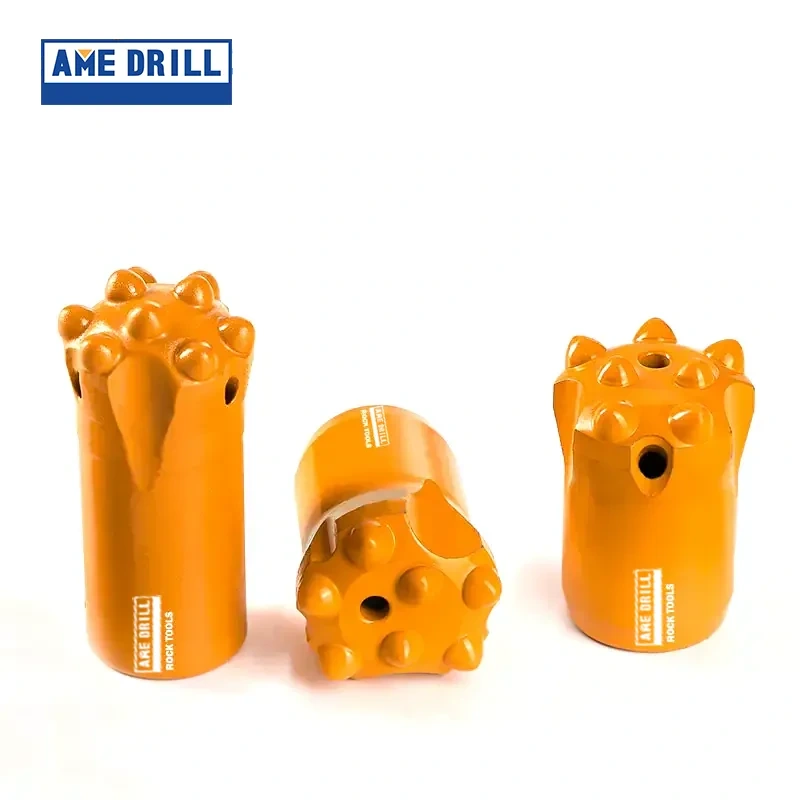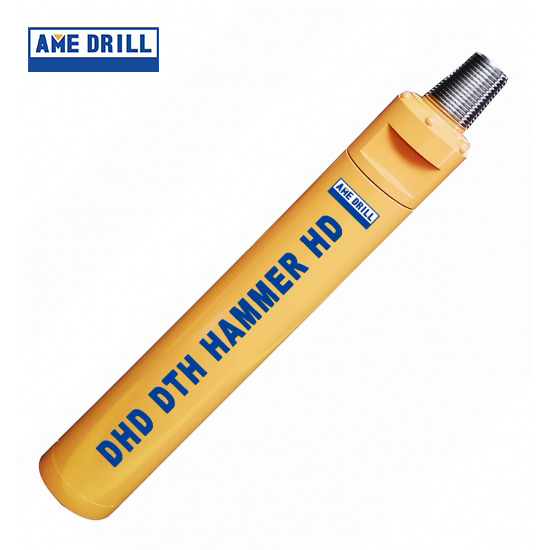Introduction
Les accessoires autoperceurs ont révolutionné les secteurs de la construction et du bricolage en améliorant considérablement l'efficacité, la précision et la sécurité. Ces outils spécialisés sont conçus pour percer et fixer simultanémentLe système de fixation de l'arbre de la machine permet d'éviter les pré-perçages et de réduire la durée du projet. Pour les professionnels et les amateurs aux États-Unis, le fait de disposer des bons accessoires garantit que chaque tâche - des simples réparations domestiques aux projets industriels complexes - est menée à bien en toute sécurité. des résultats de qualité professionnelle. Ce guide présente les cinq principaux accessoires de perçage, en détaillant leurs caractéristiques, leurs applications et leurs avantages. En comprenant ces outils, vous pouvez optimiser votre flux de travail, prolonger la durée de vie de votre équipement et entreprendre n'importe quel projet en toute confiance.
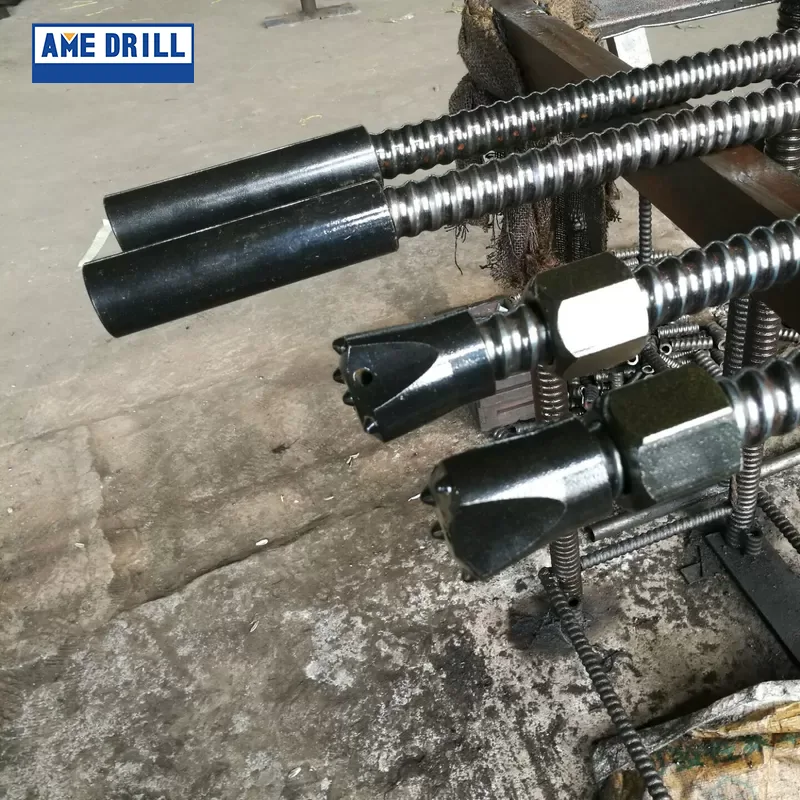
On ne saurait trop insister sur l'importance de ces accessoires. Ils sont conçus pour s'adapter parfaitement à différents matériaux, notamment le bois, le métal, la maçonnerie et les matériaux composites, ce qui leur confère polyvalence et fiabilité. Que vous travailliez sur un projet de menuiserieQue ce soit pour l'installation de cloisons sèches ou pour des travaux de construction lourds, les bons accessoires autoperceurs font toute la différence. Cet article se penche sur les jeux de mèches, les mèches à maçonnerie, les vis autotaraudeuses, les vis d'ancrage et les mèches en titane, et offre des conseils pratiques pour vous aider à sélectionner et à entretenir ces outils de manière efficace.
Produits les mieux notés
1 Jeu de mèches
Une approche globale jeu de mèches est la base de toute trousse à outils, offrant la polyvalence nécessaire aux diverses tâches de forage. Ces ensembles comprennent généralement des mèches de différentes tailles et de différents types, tels que des mèches hélicoïdales, des mèches biseautées et des mèches Forstner, chacune étant conçue pour des matériaux et des applications spécifiques. Par exemple, les mèches hélicoïdales sont idéales pour le métal et le bois, tandis que les mèches de type Embouts forstner excellent dans le perçage de trous nets et précis dans le bois, ce qui les rend parfaits pour les projets d'ébénisterie et d'ameublement. Le choix du bon jeu dépend de vos projets typiques ; pour un usage général, un jeu de mèches d'un diamètre de 1/16 à 1/2 pouce est suffisant, tandis que les tâches spécialisées peuvent nécessiter des tailles plus grandes ou plus spécifiques.
Un bon entretien est essentiel pour prolonger la durée de vie de vos forets. Toujours nettoyer les embouts après utilisation pour éliminer les débris et prévenir la corrosion. L'affûtage régulier des embouts garantit leur efficacité et réduit le risque d'endommagement de l'embout et de la pièce à travailler. Le rangement est également essentiel ; conservez les embouts dans un étui pour éviter de les égarer ou de les endommager. Investir dans un ensemble de haute qualité permet non seulement d'améliorer l'efficacité, mais aussi d'obtenir des résultats cohérents sur différents matériaux, des bois tendres aux métaux trempés.
Tableau : Types de forets et leurs applications
| Type de foret | Matière première | Meilleures applications |
|---|---|---|
| Embout tournant | Métal, bois | Forage à usage général |
| Embout à bêche | Bois | Trous larges et rugueux |
| Embout forstner | Bois | Trous de précision pour l'ébénisterie |
| Embout de maçonnerie | Béton, Brique | Forage dans la pierre et la brique |
| Embout revêtu de titane | Multi-matériaux | Perçage à grande vitesse et durabilité |
2 mèches pour maçonnerie
Mèches pour maçonnerie sont conçus pour percer des matériaux durs comme le béton, la brique et la pierre. Ces trépans sont généralement dotés d'une pointe en carbure pour une durabilité accrue et une conception en spirale qui facilite l'élimination des débris pendant le forage. Ils sont principalement utilisés dans les projets de construction et de rénovation, comme l'installation d'étagères, l'ancrage de boulons ou la construction de structures avec des blocs de béton. Contrairement aux trépans standard, les trépans pour maçonnerie sont conçus pour résister à l'abrasivité de ces matériaux, ce qui réduit l'usure et garantit des trous propres et précis.
Par rapport aux autres forets, les forets pour maçonnerie se distinguent par leurs caractéristiques suivantes construction robuste et une conception spécialisée. Par exemple, alors que les mèches revêtues de titane sont polyvalentes pour une utilisation multi-matériaux, les mèches de maçonnerie sont indispensables pour les tâches impliquant de la pierre ou de la brique. Toutefois, il est essentiel de les utiliser avec une perceuse à percussion pour maximiser leur efficacité, car l'action de percussion aide à briser le matériau pendant le perçage. Pour les bricoleurs et les professionnels aux États-Unis, il est essentiel de disposer d'un jeu de mèches de maçonnerie pour s'attaquer aux projets d'amélioration de l'habitat qui impliquent des surfaces en béton ou en brique.
3 vis autotaraudeuses
Vis autotaraudeuses sont des fixations innovantes qui créent leur propre filetage lorsqu'elles sont enfoncées dans les matériaux, éliminant ainsi le besoin de trous prépercés. Ces vis sont disponibles en différents types, notamment pour le métal, le bois et le plastique. Leur principal avantage est le suivant efficacité du tempsIls permettent de rationaliser le processus de fixation et de réduire les coûts de main-d'œuvre. En outre, ils assurent une fixation solide et fiable dans un large éventail d'applications, de l'assemblage de machines à la fixation de cloisons sèches.
Les avantages de l'utilisation de vis autotaraudeuses vont au-delà de l'efficacité. Elles offrent excellente force de préhension et résistent au desserrage sous l'effet des vibrations, ce qui les rend idéales pour les environnements dynamiques. Pour les consommateurs américains, les types les plus courants sont les vis à tôle pour le travail des métaux et les vis à bois pour la menuiserie. Lors du choix des vis autotaraudeuses, il convient de tenir compte de l'épaisseur du matériau et de la taille de la vis requise pour garantir des performances optimales. Par exemple, les filets plus fins conviennent aux matériaux plus minces, tandis que les filets plus grossiers conviennent mieux aux substrats plus épais.
4 vis d'ancrage
Ancrages à vis sont indispensables pour fixer des objets sur des surfaces creuses ou solides, telles que les cloisons sèches, le béton ou la brique. Ils se présentent sous différentes formes, notamment des chevilles en plastique, des boulons à bascule et des chevilles métalliques autoperceuses, chacune étant adaptée à des capacités de charge et à des matériaux différents. Chacun d'entre eux est adapté à des capacités de charge et à des matériaux différents, ancres en plastique sont idéales pour les tâches légères telles que l'accrochage de tableaux, tandis que les boulons à genouillère fournissent un support solide pour les éléments plus lourds tels que les étagères. Le processus d'installation consiste généralement à percer un trou pilote, à insérer la cheville et à visser la vis, ce qui élargit la cheville pour qu'elle s'accroche solidement au matériau environnant.
Les applications courantes des chevilles à vis comprennent le montage de téléviseurs, l'installation d'armoires et la fixation d'accessoires aux murs. Aux États-Unis, ces chevilles sont largement utilisées dans les environnements résidentiels et commerciaux en raison de leur fiabilité et de leur facilité d'utilisation. Pour les applications lourdes, telles que la fixation de mains courantes ou d'accessoires de salle de bains, les chevilles métalliques autoperceuses sont recommandées en raison de leur résistance aux chocs. un pouvoir de rétention supérieur. Comprendre le type d'ancrage nécessaire à votre projet garantit la sécurité et la durabilité, évitant ainsi les accidents causés par un support inadéquat.
5 Mèches en titane
Mèches en titane sont réputés pour leur durabilité et leur polyvalence. Revêtus de nitrure de titane, ces embouts offrent dureté accrue et la résistance à la chaleur, ce qui leur permet de conserver leur tranchant plus longtemps que les mèches traditionnelles en acier rapide. Ils conviennent au perçage de divers matériaux, notamment le bois, le métal et le plastique, ce qui en fait un choix populaire pour les professionnels et les bricoleurs. Leurs propriétés de friction réduites permettent également des vitesses de perçage plus rapides et des opérations plus douces.
Par rapport aux trépans traditionnels, les trépans revêtus de titane présentent les caractéristiques suivantes performance supérieure et la longévité. Par exemple, des études montrent que les mèches revêtues de titane peuvent durer jusqu'à six fois plus longtemps que les mèches non revêtues, ce qui réduit la fréquence des remplacements. Ils sont particulièrement efficaces pour les tâches de haute précision, comme le perçage dans les applications aérospatiales où la précision est essentielle. Pour les projets quotidiens aux États-Unis, tels que l'assemblage de meubles ou les réparations domestiques, les mèches en titane offrent fiabilité et efficacité, bien qu'elles puissent s'avérer excessives pour les matériaux très souples tels que les cloisons sèches.
Conclusion
Les bons accessoires de perçage sont indispensables pour obtenir des résultats professionnels dans n'importe quel projet. De la polyvalence d'un jeu de mèches à la force spécialisée de la mèches de maçonnerie, l'efficacité de vis autotaraudeuses, la sécurité des vis d'ancrageet la durabilité des mèches en titaneChaque outil joue un rôle essentiel dans l'amélioration de la productivité et de la sécurité. Au fur et à mesure que la technologie progresse, nous pouvons nous attendre à de nouvelles innovations en matière de revêtements et de conceptions, telles que revêtements nanocomposites pour une durabilité accrue, ce qui continuera à améliorer les performances de ces accessoires.
Ame Drill Investir dans des accessoires d'auto-perçage de haute qualité permet non seulement de rationaliser votre flux de travail, mais aussi de garantir que vos projets sont construits pour durer. Que vous soyez un bricoleur enthousiaste ou un entrepreneur professionnel, la compréhension et l'utilisation de ces outils vous permettront d'atteindre de nouveaux sommets. N'oubliez pas de donner la priorité à l'entretien, comme le nettoyage et l'affûtage des embouts, afin de prolonger leur durée de vie et de maximiser leur efficacité. Avec ces outils essentiels dans votre boîte à outils, vous êtes bien équipé pour relever tous les défis qui se présentent à vous.
